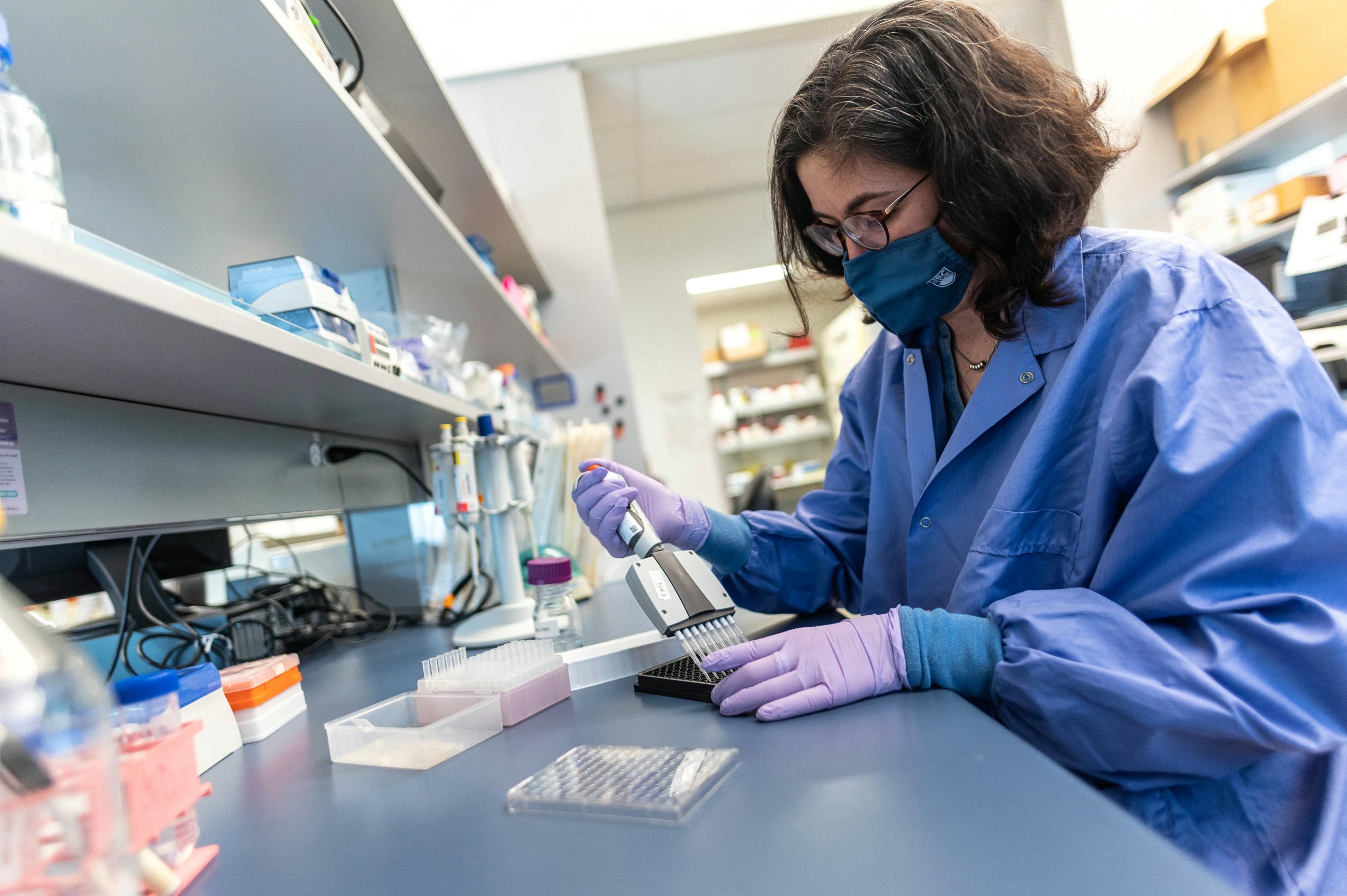Compounds that can stop Covid infecting humans found in sea sponge
The international research team say their discovery paves the way for new antivirals than can help treat the virus

Your support helps us to tell the story
From reproductive rights to climate change to Big Tech, The Independent is on the ground when the story is developing. Whether it's investigating the financials of Elon Musk's pro-Trump PAC or producing our latest documentary, 'The A Word', which shines a light on the American women fighting for reproductive rights, we know how important it is to parse out the facts from the messaging.
At such a critical moment in US history, we need reporters on the ground. Your donation allows us to keep sending journalists to speak to both sides of the story.
The Independent is trusted by Americans across the entire political spectrum. And unlike many other quality news outlets, we choose not to lock Americans out of our reporting and analysis with paywalls. We believe quality journalism should be available to everyone, paid for by those who can afford it.
Your support makes all the difference.Compounds that could stop covid and flu viruses infecting human cells have been discovered in sea sponges.
Researchers unearthed 26 such compounds in nature, including in plants and fungi.
The international research team say their discovery paves the way for new antivirals than can help treat the virus.
They claim the compounds will help tackle existing and future variants as well as flu because they target human cells, which evolve more slowly than viruses.
They are effective in very small doses and completely stop viral infection in cells, the team add.
The study’s co-first author Dr Jimena Pérez-Vargas from the University of British Columbia in Canada explained: “The advantage of these compounds is that they are targeting the cells, rather than the virus, blocking the virus from replicating and helping the cell to recover.
“Human cells evolve more slowly than viruses, so these compounds could work against future variants and other viruses such as influenza if they use the same mechanisms.”
For the study, the team investigated more than 350 compounds derived from natural sources including plants, fungi, and marine sponges in a bid to find new antiviral drugs that can be used to treat the novel disease.
They bathed human lung cells in solutions made from these compounds and then infected the cells with Covid.
By doing this, they found 26 compounds completely stop coronavirus infection in cells.
The researchers used a version of the coronavirus which causes cells to go bright green when they are infected, as well as a special screening technique, to make the discovery.
They say the fluorescent virus is a powerful tool that enable scientists to check thousands of compounds, track the virus as it moves from one cell to another and makes extremely laborious steps that used to be necessary completely redundant.
All three of the most effective compounds were found in Canada- alotaketal C from a sea sponge collected in Howe Sound, British Columbia, bafilomycin D from a marine bacteria collected in Barkley Sound, British Columbia and holyrine A from marine bacteria collected in waters off Newfoundland.
Further tests showed the three compounds were effective against the delta variant and several omicron variants, and they are about as safe for human cells as existing Covid treatments.
Many of these treatments are no longer effective against currently circulating omicron variants because the virus is evolving.
This highlights the need for new antivirals, the team say.
Bafilomycin D was found to work synergistically with an existing antiviral nasal spray against omicron sub-variant BA.2.
This paves the way for multidrug treatments that work against the coronavirus as well as other common viruses.
The team now want to test the compounds in animal models in the next six months.
The study’s senior author Dr François Jean from the same university added: “Our research is also paving the way for large-scale testing of natural product medicines that can block infection associated with other respiratory viruses of great concern in Canada and around the world, such as influenza A and RSV.”
The findings were published in the journal Antiviral Research.



Join our commenting forum
Join thought-provoking conversations, follow other Independent readers and see their replies
Comments